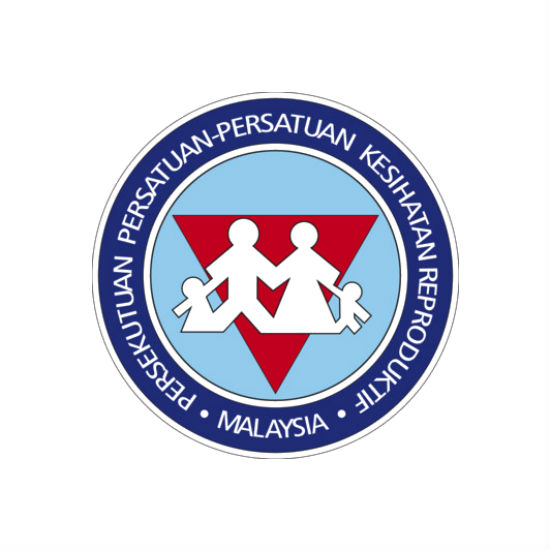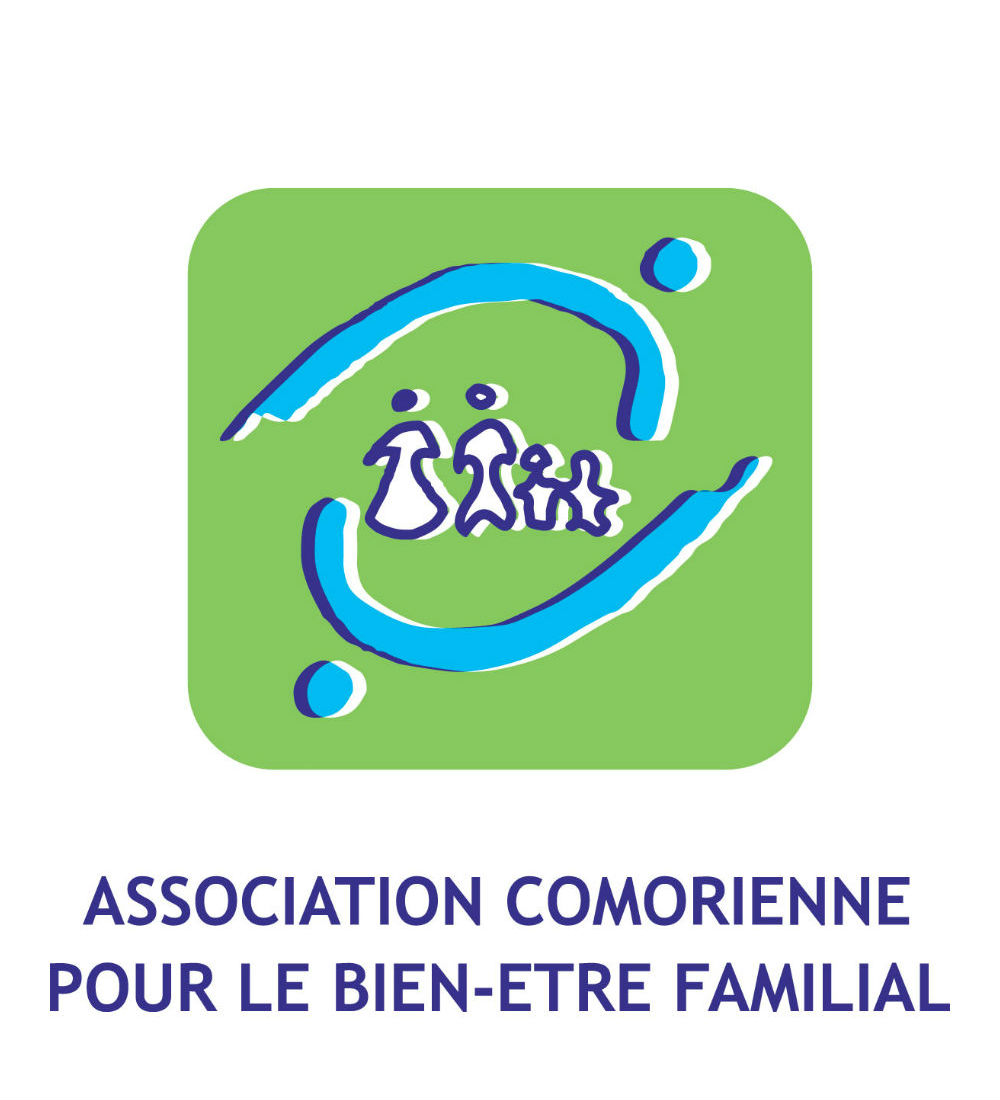

| 31 March 2016
Federation of Reproductive Health Associations, Malaysia
The Federation of Reproductive Health Associations of Malaysia (FRHAM) is 1 of the 3 main implementing agencies involved in Malaysia’s national family planning programme. It delivers a broad range of services through a sophisticated and extensive network of 39 permanent clinics, 356 mobile facilities and 205 community-based distributors/community-based services (CBDs/CBSs). Services include sexual and reproductive health (SRH) consultation assistance and prescribing, contraceptive advice and fertility management, and the promotion of women’s independence through economic/work-based initiatives. FRHAM also undertakes work with specific, marginalized groups which face particular SRH challenges, as exemplified by a community-based project in the Malaysian aborigine village of Kampung Tisong, in the Perak district. Here poverty, malnutrition, illiteracy, isolation and under-provision were responsible for, and caused by, a whole range of SRH problems, which FRHAM counteracted through the provision of education, facilities and training. Contacts Website; http://www.frham.org.my/index.php Facebook: https://www.facebook.com/Friends-of-FRHAM-361982067245823 Twitter: https://twitter.com/FRHAM

| 31 March 2016
Association Comorienne pour le Bien-Etre de la Famille
Located off the eastern coast of Africa in the Indian Ocean, Comoros is an archipelago of 4 islands at the northern end of the Mozambique Channel between northeaster Mozambique and northwestern Madagascar. At a little over 1,800 square kilometres, it’s the third smallest nation in Africa, but has over 700,000 inhabitants. It is one of the most densely populated countries on the continent. A third of the population are women of reproductive age and the absence of essential health services presents major risks to their health and survival. High fertility levels allied to low contraceptive uptake, and widespread poverty combine to drive high risks related to sexual and reproductive health (SRH). In response, the Association Comorienne pour le Bien-Être Famille (ASCOBEF) is delivering a comprehensive range of sexual and reproductive health programmes and services. These include family planning, gynaecological counselling and services, antenatal care, information, education and communication (IEC) programmes and behaviour change communications (BCC) activities to promote health-seeking behaviour. It is also playing a major advocacy role in the fight against gender-based violence, and has provided extensive victim support. The majority of ASCOBEF's clients are poor, marginalized, socially excluded and/or under-served. ASCOBEF deliver services and programmes supported by volunteers, Youth Action Movement members and peer educators. ASCOBEF works in partnership with non-governmental organizations (NGOs) including Réseau Femmes et Développement. It receives financial support from UNFPA, the Global Fund, UNICEF and the World Health Organization. Contacts Website: www.ascobef.org Facebook: https://www.facebook.com/Association-Comorienne-Pour-Le-Bien-Etre-De-La-Familla-Ascobef-1514140762210292/







